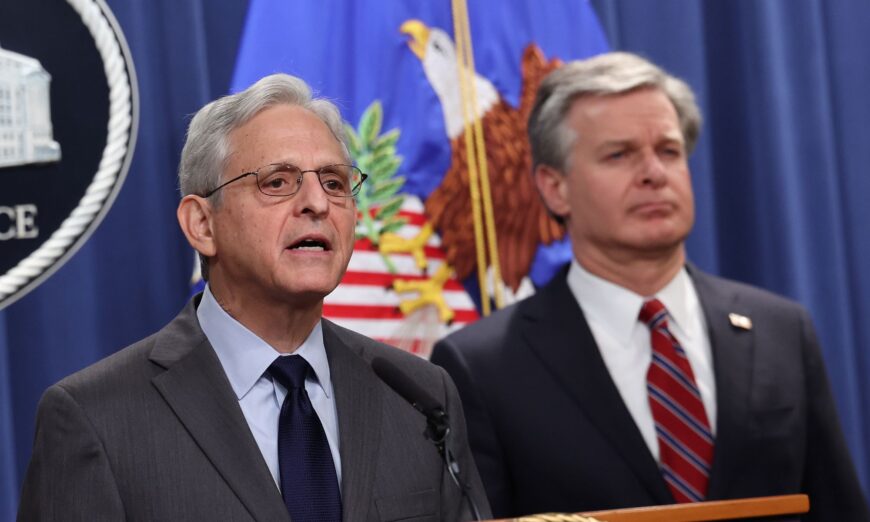Korean content boosted by ‘Netflix Effect’, concerns over market control rise.
By Hyunsu Yim
SEOUL (Reuters) –
South Korea’s Entertainment Industry Faces Challenges Amid Global Success
When Netflix co-CEO Ted Sarandos visits South Korea this week, he will find an entertainment industry that has achieved global fame through hits such as “Squid Game” and “The Glory”, but also growing worries about its effects on the local market.
South Korea has created some of Netflix’s biggest shows, which have become synonymous with the broader international success of the country’s cultural exports and spurred the Californian company to invest $2.5 billion in local content.
Sarandos is expected to arrive in Seoul on Tuesday, according to industry sources, and meet with Prime Minister Han Duck-soo on Thursday, his first visit as co-CEO.
But while Korean shows are hugely popular on Netflix, with 60% of global users watching at least one title last year, calls are growing for the government to support locally funded projects and secure the rights for content.
The government last week announced plans to provide 500 billion won ($390.09 million) to help local streaming platforms compete with global rivals such as Netflix amid soaring production costs.
“The media and content industry will thrive when various platforms compete instead of being dominated by only a few, which will benefit both creators and consumers,” said Heo Seung, public affairs director at South Korean streaming platform Watcha.
South Korea exported $13 billion worth of content in 2022 including video games, music, and broadcasting, according to the Korea Economic Research Institute, eclipsing electric vehicle and rechargeable battery shipments.
The “Netflix Effect”, a term coined for the phenomenon that launches actors and directors from obscurity to instant stardom when their shows appear on the platform, is a part of South Korea’s success.
Against this backdrop, President Yoon Suk Youl welcomed Netflix’s $2.5 billion investment as a “big opportunity” for both South Korea and the U.S. streaming giant.
Netflix’s market weight in South Korea dwarfs that of local platforms such as Tving, Wavve, and Watcha.
In 2022, the U.S. firm reported an operating profit of 14.28 billion won in South Korea, a stark contrast to Tving’s operating loss of 12 billion won.
Netflix boasted a 38.2% market share in South Korea last year, according to Mobile Index, overshadowing Tving’s 13.1%.
Unlike the EU, South Korea does not have laws requiring foreign streaming services to produce or invest in local content.
That has prompted some Korean politicians to call for Netflix to better reward creators when their projects succeed.
Netflix said it aims to compensate local creators fairly at the initial production stage, regardless of how well their shows perform.
“Compensation is an important part of that, but so is the creative expression our local team supports, along with the global audience reach of our service,” a Netflix spokesperson said in an emailed statement.
Creators who have worked with Netflix say the company has taken a chance on them when others did not. “Squid Game” creator Hwang Dong-hyuk said in various interviews in 2021 the series was rejected multiple times before being picked up by Netflix.
Aditya Thayi, a London-based filmmaker who directed upcoming Netflix documentary “King of Clones”, told Reuters Netflix is changing the game by “evening the playing field for Asian filmmakers.”
While the project was commissioned by Netflix UK, it centers on genetic cloning fraud in South Korea and includes file clips from broadcasters’ archives. That footage alone cost $40,000 to use, making it prohibitively expensive for independent producers without funding.
Lim Jong-soo, a professor at Sejong University, said Netflix has given South Korean producers more opportunities but that the government could do more to help, such as by securing IP rights for creators.
“The government needs to come up with a system to ensure that excess profits can be returned to South Korean creators.”
($1 = 1,281.7400 won)
(Reporting by Hyunsu Yim; Editing by Sam Holmes)
National Political Correspondent Neil W. McCabe interviewed Tom Van Hoose, the owner of the Highwood Creek Outfitters facility, in Great Falls, Montana, about the combined IRS and ATF raid on his business.
Joe Rogan is offering a large sum of money to be donated to charity for vaccine scientist Peter Hotez to debate Robert F. Kennedy Jr.
with Jim Nelles
with Dakota Wood
By Nick Carey LONDON (Reuters) – UK startup Helixx said on Monday it will use Siemens’ open digital platform to help design…
By Federica Mileo and Diana Mandia (Reuters) – Sodexo’s Benefits and Rewards services unit, recently renamed Pluxee, plans to hire about 1,000…
By Julia Payne BRUSSELS (Reuters) – Europe is in danger of losing the race to become a global battery powerhouse as access…
PARIS (Reuters) – Billionaire Elon Musk, CEO of Tesla and owner of Twitter, reaffirmed on Friday his view that there should be…
" Conservative News Daily does not always share or support the views and opinions expressed here; they are just those of the writer."





